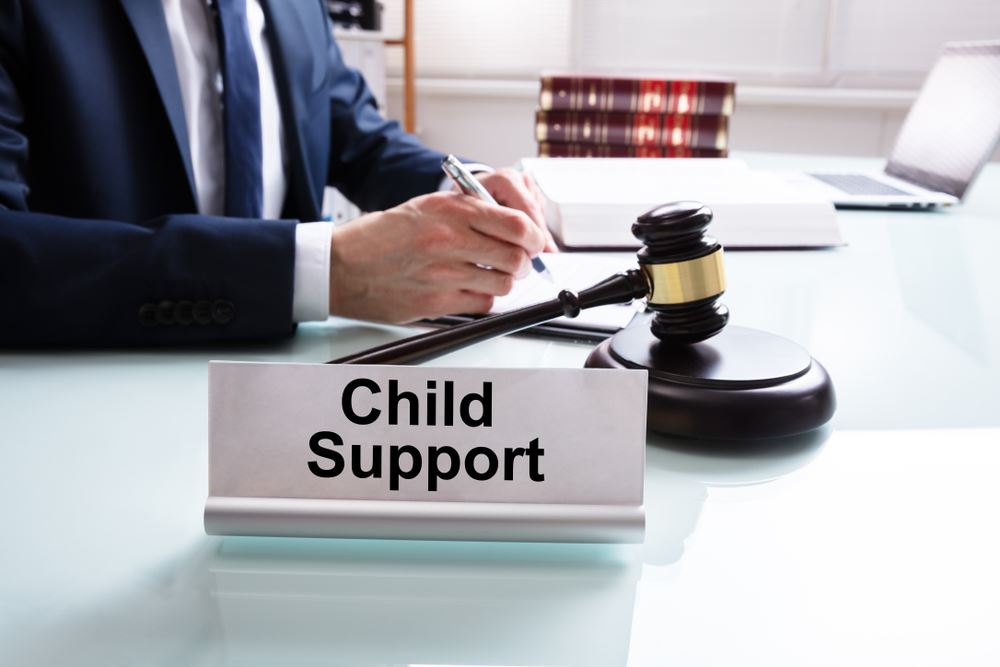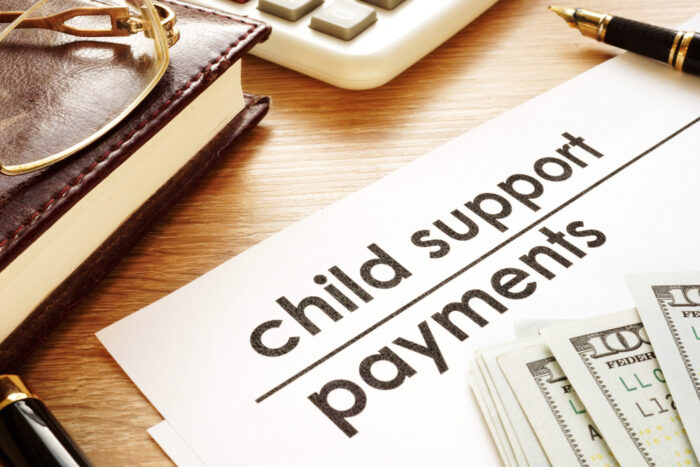
With a rampant divorce rate these days, it is inevitable that issues surrounding child custody crop up more often than not. Child support is one such issue. This is the financial support a parent must contribute to taking care of a child’s basic and educational needs. It can sometimes become a contentious issue, requiring parents to go to court. When legal representation becomes necessary in a child support case.
How it Works

Child support is meant to cater to all of a child’s needs during their development. Whether it’s education, medical care, food and transportation expenses, or childcare services, child support helps to facilitate it all. The idea is that every parent should contribute toward raising the child. Even the custodial parent is not exempt from fulfilling this financial obligation.
A common issue raised by a non-custodial parent regarding child support is that it supports the custodial parent rather than the child. Since the custodial parent is the one that handles the money paid for child support, there is always the potential for misappropriation of such funds. For example, the custodial parent may utilize child support to fund a vacation. In such cases, the non-custodial parent can always seek legal redress by filing a petition to address this matter. The attorneys at Jimeno & Gray, P.A. can offer assistance.
Usually, the court sets a certain dollar amount that the non-custodial parent has to pay regularly. This could be monthly or weekly, depending on other factors. The idea is to ensure that a child’s standard of living is identical or close to a level they’d have had if they were living with both parents.
Child Support Requirements

In Maryland, a parent can’t decide an arbitrary amount to pay as child support. The legal system, through the state’s Child Support Guidelines, sets the amount and the terms.
The gross income of both parents is a key consideration when determining this amount. Usually, these guidelines are enforced if the combined gross income of both parents is less than $15 000. In instances where both parents’ combined gross income is above this threshold, the court can decide on an appropriate sum as child support.
The system is not perfect. However, the assumption is that the law, through the Child Support Guidelines, will calculate the right amount of child support to be paid. Of course, there are instances when one parent may feel the amount set is too little or too much. In such cases, they must present evidence to back such claims. Based on this evidence, the court may adjust the amount of child support accordingly.
Both parents’ combined gross income is just one consideration. Other factors that determine the amount of child support to be paid include:
The number of children being supported by each parent, including those from previous marriages
How much visitation time the non-custodial parent enjoys with children. This includes overnight stays
Which parent pays for professional childcare or is a stay-at-home parent
Which parent pays for medical care, dental care, or any such expenses
Which parent pays for the child’s education, whether private tutorship or in a regular school
Costs associated with transporting the kids during visitation
How Long Do Child Support Payments Last?

The custodial parent ceases to pay child support after the child turns 18 — meaning they’re considered adults under the law. Of course, the parent is free to continue supporting the young adult if they want to. Exceptions are made if the child is still in high school.
A similar exception is also made if the child becomes emancipated. Emancipation is a legal way for children between the ages of 14 and 17 to seek autonomy from their parents or legal guardians. While an emancipation order frees the child from parental control, it also frees a parent from child support obligations.
Are There Factors That Can Negate Child Support Obligations?
In Maryland, a parent has to pay child support as ordered by the system. However, there are instances when such payments may be temporarily halted or significantly lowered. A good example is when the non-custodial parent is unable to work due to a debilitating illness or a disability. They can petition the court to reconsider their child support obligations.
How a Lawyer Can Help

Much like a divorce, child support issues can become a bone of contention between former spouses and partners if one party feels aggrieved by the amount awarded as support. For example, if the non-custodial parent is wealthy, the custodial one may feel that the court should award a significant monthly allowance as kids support. Similarly, the non-custodial parent would feel the same if the roles were reversed.
All such issues can be presented to the court for review. An experienced personal lawyer can help with this process. Whether you need to enforce child support obligations or modify the terms of the existing ones, a lawyer comes in handy.
An experienced child support lawyer can
•Discuss your case and bring you up to speed on all the latest kids support laws and guidelines
•Explain the finer details of child support guidelines and relate them to your specific financial circumstances
•Collect the required evidence necessary to file a petition for adjusting the amount of child support. This is crucial if you’re a non-custodial parent that feels you’re paying too much. Similarly, a lawyer can help the custodial parent petition for increased kids support if they feel it is not in keeping with the cost of living.
•Advocating on your behalf in all matters related to child support
Are You Looking for a Child Support Lawyer in Maryland?

The last thing you need is regular trips to the courtroom due to kids support issues. Experienced child support attorneys can help you navigate the legal system in kids support matters. If you feel you got the short end of the stick in a child support dispute, seeking legal representation is the best action.
















